Nivel features three research units, each consisting of specific research programs and research lines. Each research team is led by a program coordinator or a principal investigator. Often, this is a professor with extensive research experience and expertise in the field concerned. Through interacting and collaborating together and with other parties, they can address more complex societal questions. Take a look at our research programs and lines. Feel free to contact us about our research!
 Research Unit 'Healthcare from the Perspective of Patients, Clients and Citizens'
Research Unit 'Healthcare from the Perspective of Patients, Clients and Citizens'
Head of the unit: Prof. Jany Rademakers, PhD
 Care Demand of the Chronically Ill and Disabled
Care Demand of the Chronically Ill and Disabled
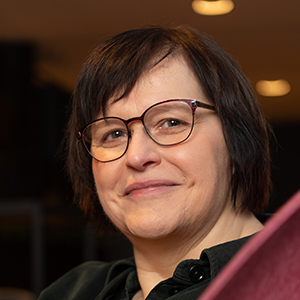
The number of people with a chronic illness or disability will increase in the coming years,among young people as well as the elderly. Our research focuses on what these people need, what they expect and what they do in their live and living conditions. In conducting our research we aim to make a contribution in establishing more appropriate healthcare services for these groups op people. Also our research contributes to increasing their participation in society.
 Nursing Care and Elderly Care
Nursing Care and Elderly Care
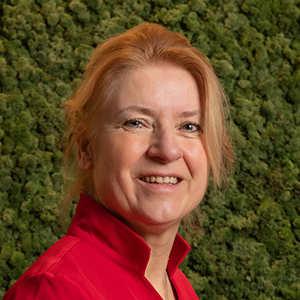
How do nurses think about their work? We ask nurses what it takes to optimize their work and working conditions. Our research not only focuses on improving those conditions, but also on optimising the the healthcare services nurses provide. In our research on elderly care we focus on how the elderly themselves think about health and healthcare services provided by professionals.
 Patient-centered Care
Patient-centered Care
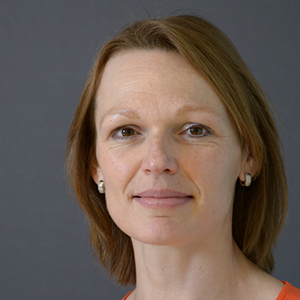
In order to have a healthcare system that functions well and still manages tot improve itself continuously, we need to know what patients think of those healthcare services and what choices they make in using these healthcare services. How can we get patients more involved in their own healthcare management? What are the best ways to record, interpret and use patients’ experiences with healthcare services? These are some of the key questions in the research we conduct.
 Research line - Pharmaceutical Care
Research line - Pharmaceutical Care

When people use their medicines properly, they experience a better quality of life. We investigate the entire pharmaceutical care chain, from the prescription by the doctor to the patient who uses it.
 Research Unit 'Primary Care'
Research Unit 'Primary Care'
Head of the unit: Prof. Jeroen Hasselaar, PhD
 Research program - Disasters and Environmental Hazards
Research program - Disasters and Environmental Hazards
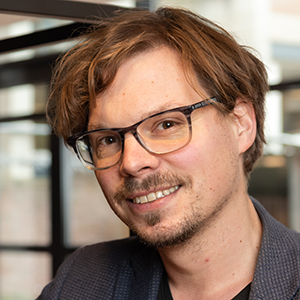
Anybody can be confronted, at any time in their life, with events or circumstances in their social and physical living environment that have consequences for their health. We investigate how governments, healthcare institutions and other parties fulfill their responsibility in disaster and crisis management, as laid down in law, with a focus on human health.
 Research program - General Practice Care
Research program - General Practice Care
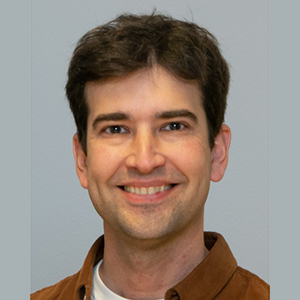
The general practitioner (GP) often is the first contact for patients seeking treatment. Also the GP is the constant factor in the medical care of a patient for a long time. In this research program we study diseases and their progress, needs in healthcare services, healthcare services provided and the quality of those services. We also monitor changes and patterns in these matters.
 Research program - Infectious Diseases in Primary Care
Research program - Infectious Diseases in Primary Care
For thousands of years, people have been dealing with infectious disease outbreaks. The COVID-19 pandemic has shown that infectious diseases can still have a major impact on society in general and public health in particular. Within the Infectious Disease Program, we are engaged in surveillance and research on spread, burden of disease and prevention of infectious disease. We focus on the respiratory infections Influenza, SARS-CoV-2 and RS virus, and on antimicrobial resistance.
- Nivel research program: Infectious diseases in Primary Care
- Nivel expert: Foekje Stelma, PhD
 Research program - Learning Health System
Research program - Learning Health System

How can we make the best possible use of data generated by the healthcare system itself? How can we learn from this data to gain more insight into accessibility, affordability and quality of healthcare services? These are questions that we are concerned with in our research.
 Research line - Allied Healthcare
Research line - Allied Healthcare
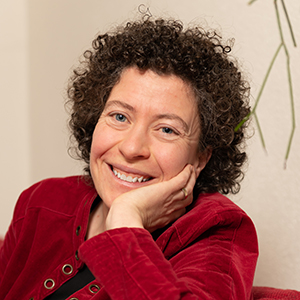
The discipline of allied healthcare focuses on improving the functioning of a patient with a condition or a disability. The research we conduct is based on the data registered within Nivel Primary Care Database of four allied healthcare disciplines: physiotherapists, remedial therapists, speech therapists and dieticians.
 Research Unit 'Organisation and Management in Healthcare'
Research Unit 'Organisation and Management in Healthcare'
Head of the unit: Prof. Judith de Jong, PhD
 Research program - Communication in Healthcare
Research program - Communication in Healthcare
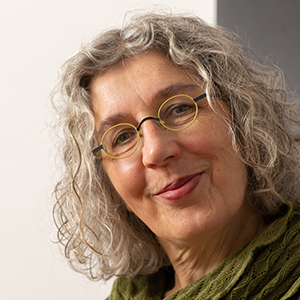
Good interpersonal communication in health services is of great importance. And it cannot be taken for granted. We conduct high-quality research into the quality and effectiveness of health services. In this way, Nivel contributes to the improvement and innovation of healthcare service.
 Research program - Healthcare System and Governance
Research program - Healthcare System and Governance
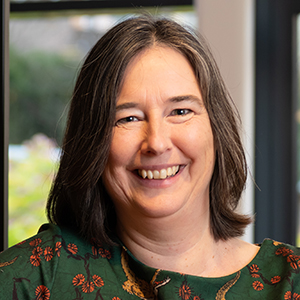
One of the greatest challenges countries in Europe and worldwide are facing, is to set up a healthcare system that is and will remain accessible ánd is and will be offering good care. That is why it is important to have insight into how the system works in practice. Only then we can make adjustments where necessary. This is the main object of our research.
 Research program - Organisation and Quality of Healthcare
Research program - Organisation and Quality of Healthcare

In order to keep healthcare services accessible, affordable and of high quality in the future, many initiatives have been started to organize it differently. We conduct research into these developments.
 Research program - Professions in Healthcare and Manpower Planning
Research program - Professions in Healthcare and Manpower Planning

A balanced out labor market - a market where supply and demand match each other in terms of quantity and quality - provides good, accessible and affordable care. How do we improve that balance? Is more training the solution? Or a different organisation of heathcare services? These are some of the key questions of this program. To this end, we continuously monitor the balance between supply and demand in the healthcare labor market.
Zenderen, I. van (Nivel Research Communication Center). Nivel’s Research Programs and Research Lines. From: www.nivel.nl [Last update 12-November-2024; consulted on 22-February-2025]. URL: https://www.nivel.nl/en/nivels-research-programs













